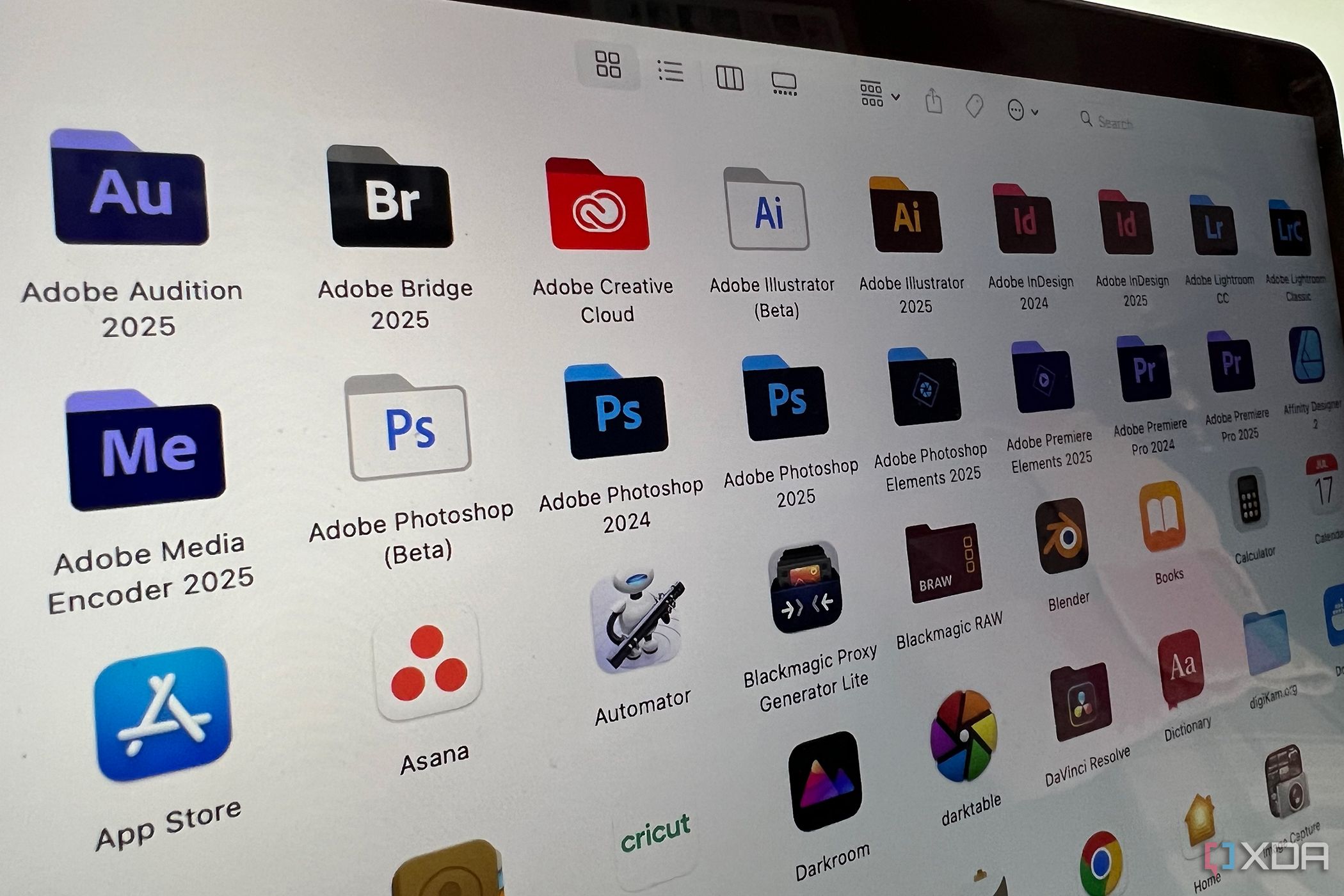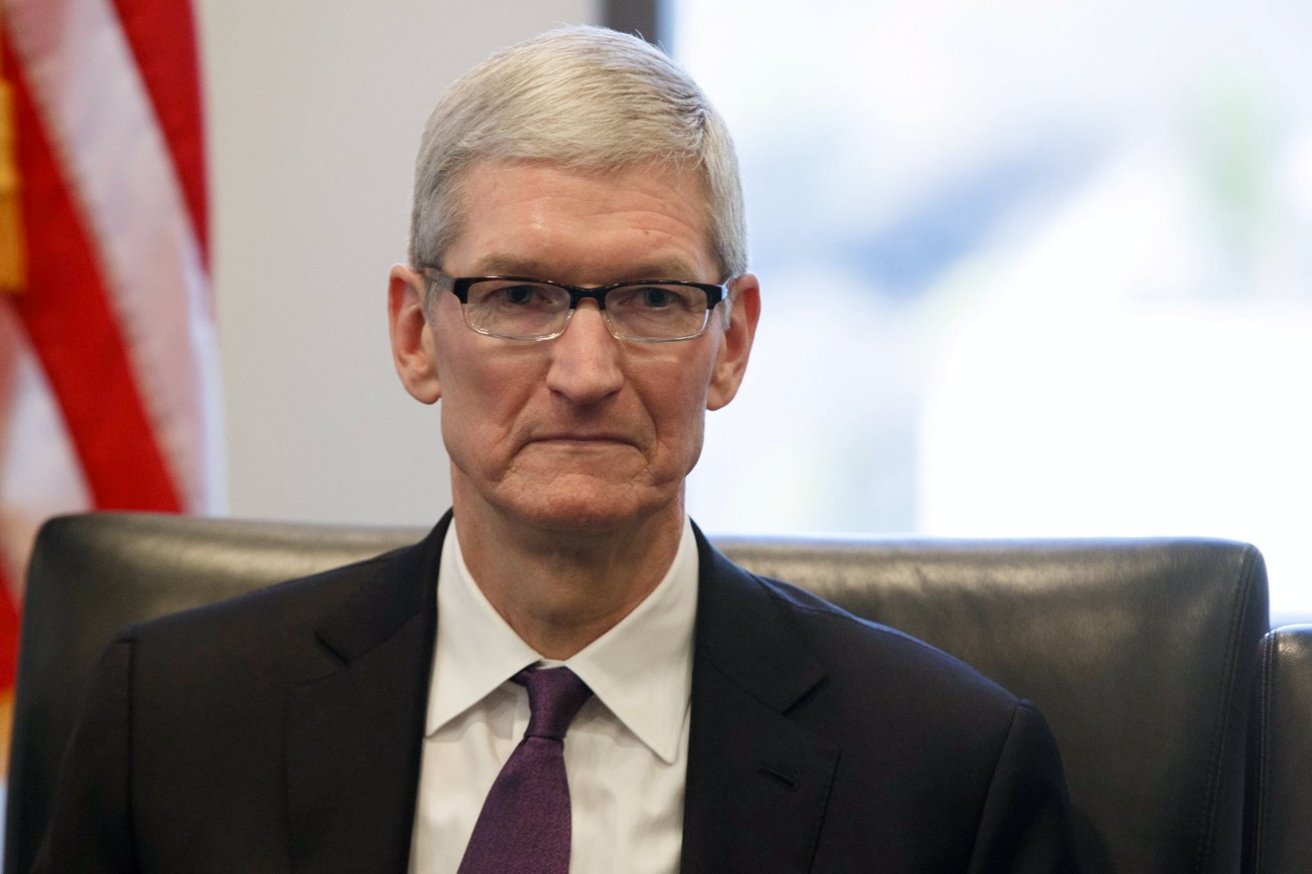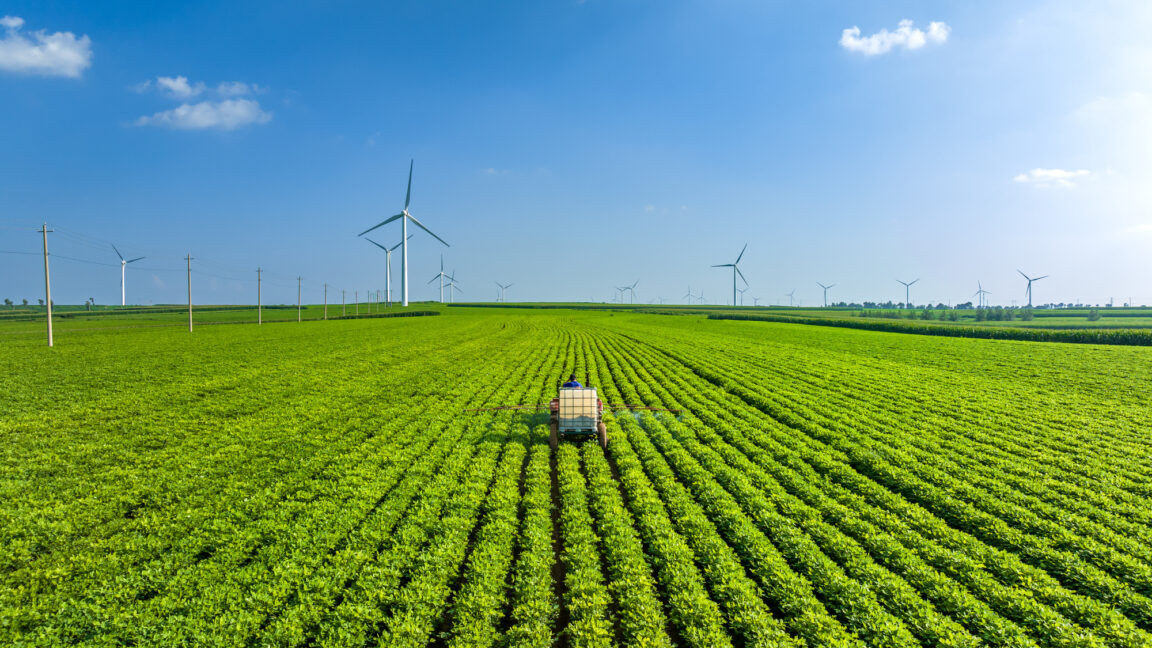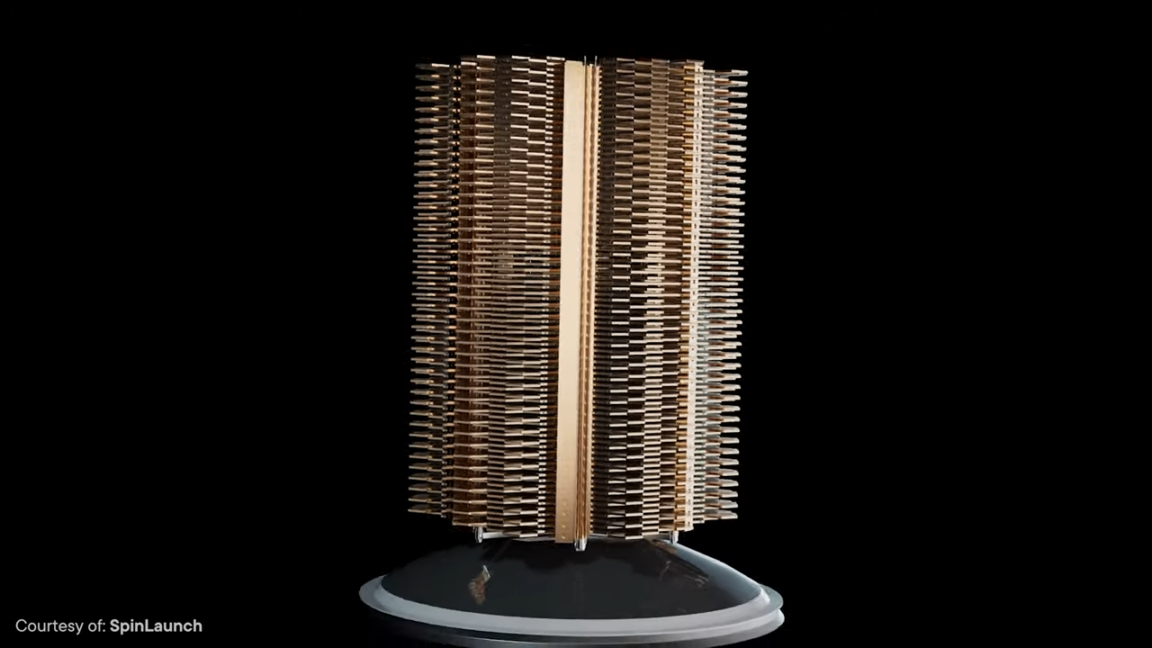Trump’s tariffs will deliver a big blow to climate tech
US president Donald Trump’s massive, sweeping tariffs sent global stock markets tumbling on Thursday, setting the stage for a worldwide trade war and ratcheting up the dangers of a punishing recession. Experts fear that the US cleantech sector is especially vulnerable to a deep downturn, which would undermine the nation’s progress on reducing greenhouse-gas emissions…

US president Donald Trump’s massive, sweeping tariffs sent global stock markets tumbling on Thursday, setting the stage for a worldwide trade war and ratcheting up the dangers of a punishing recession.
Experts fear that the US cleantech sector is especially vulnerable to a deep downturn, which would undermine the nation’s progress on reducing greenhouse-gas emissions and undercut its leadership in an essential, growing industry.
“It would be hard for me to think of cleantech or climate tech sectors that aren’t facing huge risks,” says Noah Kaufman, senior research scholar at the Center on Global Energy Policy at Columbia University, who served on the Council of Economic Advisers under President Joe Biden.
“I think we’re a country without a federal climate strategy at this point, with an economy headed in the wrong direction, so I don’t see a lot of reason to be optimistic,” he adds.
There are mounting challenges and rising risks across the cleantech and climate tech sectors. How deep and wide-ranging the impact of the economic changes could be depends on many variables and on reactions still taking shape. In particular, the negotiations underway in Congress over the budget will determine the fate of subsidies for electric vehicles, battery production, and other support for clean energy. Many of those programs were established by former president Biden’s signature climate law, the Inflation Reduction Act.
Beyond the tenuous government support, any slowdown in the broader economy threatens to tighten corporate and venture capital funding for startups working on carbon removal, synthetic aviation fuels, electric delivery vehicles, and other technologies that help companies meet climate action goals.
Trump’s tariffs, particularly the now 54% levy on Chinese goods, will push up the costs of key components for many businesses. Notably, the US imported $4 billion worth of lithium-ion batteries from China during the first four months of last year, so the tariff increase would impose a huge tax on products that go into electric vehicles, laptops, phones, and many other devices.
Higher prices for aluminum, steel, copper, cement, and numerous other goods and materials will also drive up the costs of doing all sorts of business, including building wind turbines, solar farms, and geothermal plants. And if China, Canada, the European Union, and other nations respond with retaliatory trade measures, as is widely expected, it will also become harder or more expensive for US companies to export goods like EVs or battery components to overseas markets.
Even traditional energy stocks took a beating on Wall Street Thursday, out of fear that any economic sluggishness will drive down electricity demand.
Trump administration cuts to the Department of Energy and other federal programs could also take away money from demonstration projects that help cleantech companies test and scale up their technologies. And if Congress does eliminate certain subsidies in the Inflation Reduction Act, it could halt billion-dollar projects that are being planned or perhaps even some that are already under construction.
The growing policy uncertainty and weakening economic conditions alone may already be causing some of this to occur.
Since Trump took office, companies have canceled, delayed, or scaled back at least nine US “clean energy supply chain” developments or operations, according to the Big Green Machine, a database maintained by Jay Turner, a professor of environmental studies at Wellesley College, and student researchers there. The projects that have been affected represent some $8 billion in public and private investments, and more than 9,000 jobs.
They include KORE Power’s planned battery facility in Arizona, which the company halted; Envision Automotive Energy Supply’s paused expansion in Florence County, South Carolina; and Akasol’s closure of two plants in Michigan.
VW also scaled back production at its recently expanded EV factory in Chattanooga, Tennessee, amid slower-than-expected growth in sales and, perhaps, the expectation that the Trump administration will strive to roll back consumer tax credits for vehicle purchases.
“The biggest challenge for companies that are making hundred-million- or billion-dollar capital investments is dealing with the uncertainty,” Turner says. “Uncertainty is a real deterrent to making big bets.”
Venture capital investments in clean energy have been cooling for a while. They peaked at $24.5 billion in 2022 and settled at around $18 billion annually during the last two years, according to data provided by Pitchbook. First-quarter figures for this year aren’t yet available, though industry watchers are keen to see where they land.
Some parts of the cleantech sector could hold up better than others through the Trump administration and any upcoming economic gloom.
The Pitchbook report, for instance, noted that the surge in development of AI data centers is fueling demand for “dispatchable energy sources.” That means the type that can run around the clock, such as nuclear fission, fusion, and geothermal (though in practice, the data center boom has often meant commissioning or relying on natural-gas plants that produce planet-warming emissions).
Trump’s new energy secretary, Chris Wright, previously the chief executive of the oilfield services company Liberty Energy, has also talked favorably about nuclear power and geothermal—and rather unfavorably about renewables like solar and wind.
But observers fear that more sectors will lose than win in any economic downturn to come, and Turner stresses that the decisions made during this administration could last well beyond it.
“The near-term concern is that this emerging clean-energy industry in the US suffers a significant pullback and the US cedes this market to other countries, especially China, that are actively working to position themselves to be leaders in the clean-energy future,” he says.
The long-term concern, he adds, is that if government policies on cleantech simply advance and retreat with the whims of each administration, companies won’t be able to make long-term investments that rely on such subsidies, grants or loans.
Catherine Wolfram, a professor of energy and applied economics at MIT, also notes that China and the European Union are forging ahead in developing policies to drive down emissions and build up carbon-free sectors. She observes that they’re both now moving on to the tougher work of cleaning up heavy industries like steel, while the US is “losing ground on even making clean electricity.”
“It’s the worst kind of US exceptionalism,” she says.















































































































.jpg)
%20Abstract%20Background%20112024%20SOURCE%20Amazon.jpg)




















